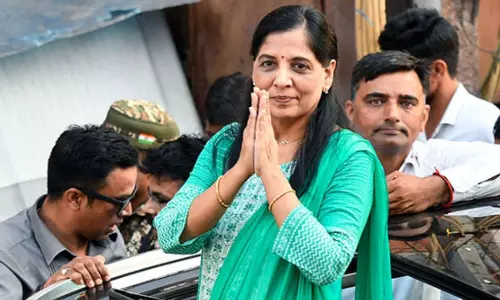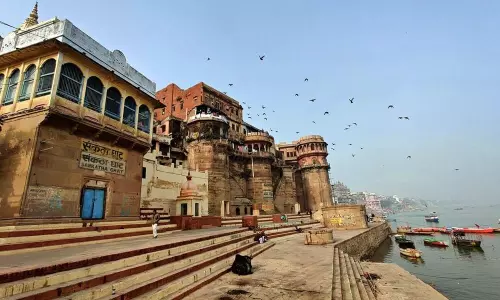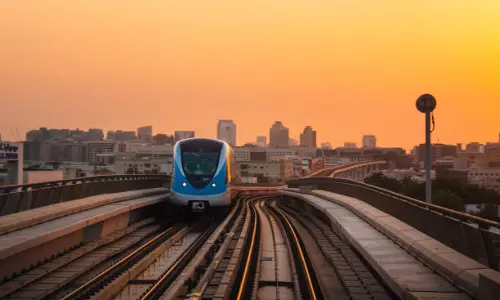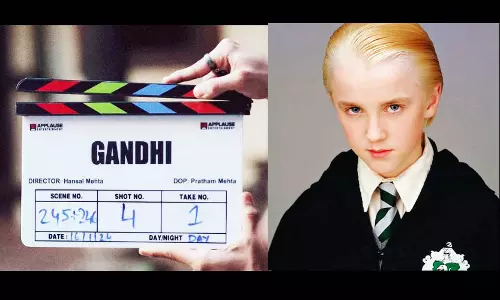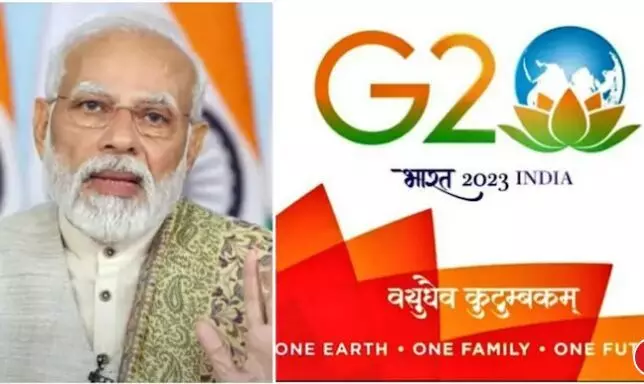
G20 Summit: PM Modi's domestic political objectives draw criticism
text_fieldsNew Delhi: Amid the ongoing Group of 20 (G20) leaders' summit in Delhi, critics have raised concerns about whether Prime Minister Narendra Modi is attempting to leverage the global event for his political gain in the country, with questions surrounding the scale, timing, and branding of the summit taking centre stage.
The G20, established to facilitate consultations among finance ministers and central bank governors, has evolved into a prestigious platform for global leaders to address pressing economic and political issues. However, India's stewardship of the presidency has attracted criticism for allegedly intertwining foreign policy and domestic politics.
One of the key points of contention revolves around the G20 logo, which features a lotus flower, resembling the election symbol of the ruling BJP. Critics argue that the lotus symbol's use in official communications and advertisements, even unrelated to the G20, blurs the lines between political branding and international diplomacy.
Cities hosting G20 meetings have also been awash with posters featuring Prime Minister Narendra Modi's portrait, raising eyebrows about the scale of promotion.
Milan Vaishnav, director of the Carnegie Endowment for International Peace's South Asia program, was quoted by Scroll.in commenting on the extraordinary publicity surrounding the summit, stating, "The scale of the marketing, the multiple meeting tracks, the side events, and political attention are off the charts." Critics argue that this level of promotion is unusual and appears to serve political objectives.
Another source of controversy is the perceived alignment of India's G20 presidency with national elections. India reportedly exchanged the 2022 presidency with Italy to coincide with the country's 75th year of Independence. The presidency was swapped again with Indonesia to coincide with Indonesia's leadership of the Association of Southeast Asian Nations (ASEAN) in 2023.
Opposition politician Yashwant Sinha accused the government of strategically coordinating the G20 presidency with election cycles, stating, "In India, now we do everything with an eye on elections." With the Delhi G20 summit occurring just months before assembly polls in crucial Hindi belt states and ahead of the next year's general election, critics argue that political motives are in play.
Critics claim that the Modi government's approach to the G20 presidency fits into a broader pattern of using foreign policy for domestic political advantage. Sushant Singh, a senior fellow at the Delhi-based think tank Centre for Policy Research, argued that the government's excessive publicity was an attempt to project Modi as a global leader and connect the idea of Hindu nationalism with national pride.
However, Home Minister Amit Shah defended this approach, arguing that if the G20 summit is organized successfully, credit should rightfully go to Modi. Shah emphasized that the government's efforts should be acknowledged rather than criticized, as the G20 presidency offers an opportunity to enhance India's global stature.
The controversy surrounding India's G20 presidency is seen as part of a larger pattern in which the Modi government seeks to elevate foreign policy as a domestic political issue. Milan Vaishnav noted that this transformation has been ongoing for some time, citing the government's use of the Pulwama and Balakot incidents in the 2019 general elections as an example. He added that there is a general perception that India's global role has been elevated under Modi's leadership.
A recent survey by the Pew Research Center supported this perception, showing that Indians are optimistic about their country's global influence. While opinions on the G20 presidency vary, 47% of Indian respondents believed it would enhance India's stature, compared to 26% who viewed it as "poll propaganda," according to an India Today and CVoter poll.





